eep breaths, Beth.” I repeated the words as I stood above the hospital bed. “Deep breaths.”
I had met Joseph Ndekezi 12 years earlier when my life had already profoundly changed. Experiences of trauma in my own life, as well as my PhD in Psychology, had led me to participate in trauma healing initiatives in a war zone. Children in the Democratic Republic of the Congo, some as young as six years old, were being ripped away from their families and conscripted into local armies. They suffered horrible abuse, including beatings and rape, and the extraordinary psychological trauma of being forced to kill. As I returned to the United States, I began to imagine what it might look like if these children, who had seen the worst of war, might find peace in themselves and bring peace to their people.
I had been praying for an African teammate who might share the same vision of redemption for Congo’s war-affected youth when I met Joseph. He was already providing care to rescued child soldiers, many who no longer had homes or could never return to them. He took the children people had cast aside as too broken, too wounded, and demonstrated the love of God. Since he saw them as image bearers of Jesus, they began to view themselves in the same way.
We dreamt together of what might be. What if children shown the horrors of war might grow up to bring those horrors to an end? What if they might not only heal from their trauma, but transform their pain into purpose, to teach peace and forgiveness?
So, we began building Exile International in Congo. We started with 25 survivors of war, using the creative arts to help them process their experiences. There are now over 2,000 youth in our programs, which include trauma healing, peacebuilding, and leadership development.
But none of that would have been possible without the wisdom, vision, and love of Papa Joseph, our steadfast one. Papa Joseph, whose body lay in ruins before me.
Standing over his hospital bed felt like an out-of-body experience, except my stomach twisted and churned. I felt that part of my body perfectly well.
We were in the intensive care unit at King Faisal Hospital. Every conversation repeated the distressing words, “rebel ambush,” “bullet,” or “paralysis.” Our African team was exhausted, traumatized, and yet somehow full of faith. I felt like a faithless child in their presence, learning from spiritual giants.
The ambush had taken place a few days before. Joseph, two counselors, and a driver were returning home after providing art-focused trauma care and holistic rehabilitative care to rescued child soldiers and children orphaned by war. The purpose of this visit was to welcome new war-affected children into our sponsorship program. When the program concluded and the group made their way home, the long dirt roads led to a violent roadblock reception.
It happened in the thick of the jungle, between Karumba village and the Congo base. Three rebel militia stepped out of the trees and onto the path of the vehicle. They lifted their AK-47s, and suddenly the air was filled with chaos. Amid the gunfire, the smoke, and the shouting, Joseph was struck five times. The bullets damaged his lung, broke his bones, and paralyzed him from the waist down.
The militia robbed our team and stole away. It was clear Joseph’s life was in danger and he needed immediate care. As the team members rushed to get him medical attention, the damaged vehicle sputtered and died. They frantically arranged another car, and dealt with another interruption when a tire burst. Finally the team arrived at the nearest hospital, three-and-a-half hours after Joseph had been shot. The following day he had been transferred to the best hospital we could find for spinal cord injuries, in Rwanda, as I flew on a whirlwind of emotions, logistics, and prayer across the Atlantic.
“My sister… you came.”
Joseph struggled to speak as I entered the hospital room. He attempted to turn his head toward me but the broken bones in his neck would not allow it. “You came so far so quickly,” he whispered. “I could not have imagined you would come. How are you? You must be tired.”
So much frailty. So many wires and machines. So much noise. We were in one large room where the patients were arranged about six feet apart around a nurse’s station in the middle. Many of the patients moaned in the midst of their pain and confusion. Some stared at the ceiling, unresponsive.
Two of the bullets had gone right by his head and struck the back of the vehicle. Joseph had come so close to death.
Of course, he had known death might come for him. He had known this was a possibility when he followed God’s call to minister to children of war in remote parts of the Congo. This was a war of flesh and blood, armed forces and spiritual forces, and Joseph was like a wounded soldier returning from battle. He told me that would gladly die for the cause. He had always spoken hope and life with every word and deed, and he did so even now.
Of course, I too had known. I thought I had been prepared for an excruciating call from our team alerting me that one of the youth in a remote and rebel-saturated village had been shot or kidnapped. Perhaps I had even been prepared to hear that we had lost one of our staff members living in the heart of the red zone. But I had not been prepared for this, for the sight of a weak and frail Joseph whispering in pain in a hospital bed. Not for the Papa of so many children, the children who had been with us from the start. How could this be happening to Joseph? In the center of my gut, I knew the answer: the enemy was going for the jugular to force us to give up. But we weren’t giving up. We were digging in.
The following weeks were a blur of research and discussion and organization. In the midst of the heartache and medical uncertainty, the faith of the Exile International staff was like nothing I had ever witnessed. It kept me afloat. Their prayers were infused with hope. Their gratitude was pure. Their hearts reflected Jesus.
I met with the doctors with Christine, Joseph’s wife. They updated us on the extent of Joseph’s severe injuries. They told us he only had a four percent chance of walking again. The numbers felt like a punch in the stomach.
I dreaded breaking the bad news to the team. They were waiting for me in the hallway. I began to share the prognosis, but before I could explain further, I was interrupted with one word from our program coordinator, Etienne.
“Hapana.”
The Swahili word word means no. Etienne was saying, “No. Negative. We will not accept this.”
“This,” she said, “is where God comes in.”
It was one of many moments when our African staff taught me how to be a faith-filled follower of Jesus. I had been raised a preacher’s kid with a passion for life and a deep love for Jesus that was considered odd even in my own community. But my hometown culture could never have taught me the kind of radical faith I have seen in my African brothers and sisters.
While we overflow with riches and comfort in North America, we live in grave spiritual poverty. Our friends in developing countries often lack what we consider necessities, but they abound in spiritual wealth. They dance in the face of war. They trust when it seems naïve. Their cup runs over with surrendered faith and irrepressible joy.
As Joseph lay in the hospital bed, he shared out of the treasure of his spirit.
“Can you imagine?” he said. “I might not have lived. But because of the grace of God, I am alive. He did good things for me. What he has done is enough. Even if I never walk again, what he has done is enough. Even if my legs do not work, I will be there to work for God, lead the children, and encourage the youth in Jesus’ name. I have been blessed to work with children in war for 15 years, and I believe God will add 15 more.”
I was undone. For days afterward, as I stared out of the window, I wrestled with the simple power of Joseph’s declaration, “What he did is enough.”
It was a moment of worlds colliding. In the world in which I was raised, was there ever such a thing as “enough?” I felt it in myself, this restlessness, this constant striving for more in my relationships, my work, my body, and my need for approval.
So I sat with the question, “What if my life became enough?”
Joseph taught me and my husband so many of the deep things of life. His story didn’t end in that hospital bed. A new chapter was just beginning.
Joseph went on to receive a year’s worth of rehabilitation in South Africa. From his hospital bed, he was an irresistible force, discipling nurses, doctors, and his fellow patients, and declaring to everyone who listened how God had saved his life.
He received permission to start a “hospital church” on Sunday mornings, and preached the first sermon reclined in his hospital bed. Papa Joseph became Pastor Joseph. After some of the patients mentored by him were discharged, they began planting churches of their own.
As if that weren’t enough, we began to see a miracle. In a testament to Joseph’s never-ceasing faith, after months of rehabilitation he began slowly moving his feet. Next, he moved his legs. Then he walked with the support of parallel bars, which led to walking with the help of crutches.
Over a year after his body had been shattered by bullets and the cruelty of war, Joseph began taking a few steps on his own, holding onto nothing but faith. He has also returned to the work he loves, helping survivors of war become servants of peace. Perhaps God will give him another fifteen years.
Children so broken they cannot be redeemed? A man so wounded he cannot be healed?
Hapana. This is where God comes in.
Cover Photograph by Exile International
Enjoying the Globe Issue?
Order your Deluxe
Print Edition Today!
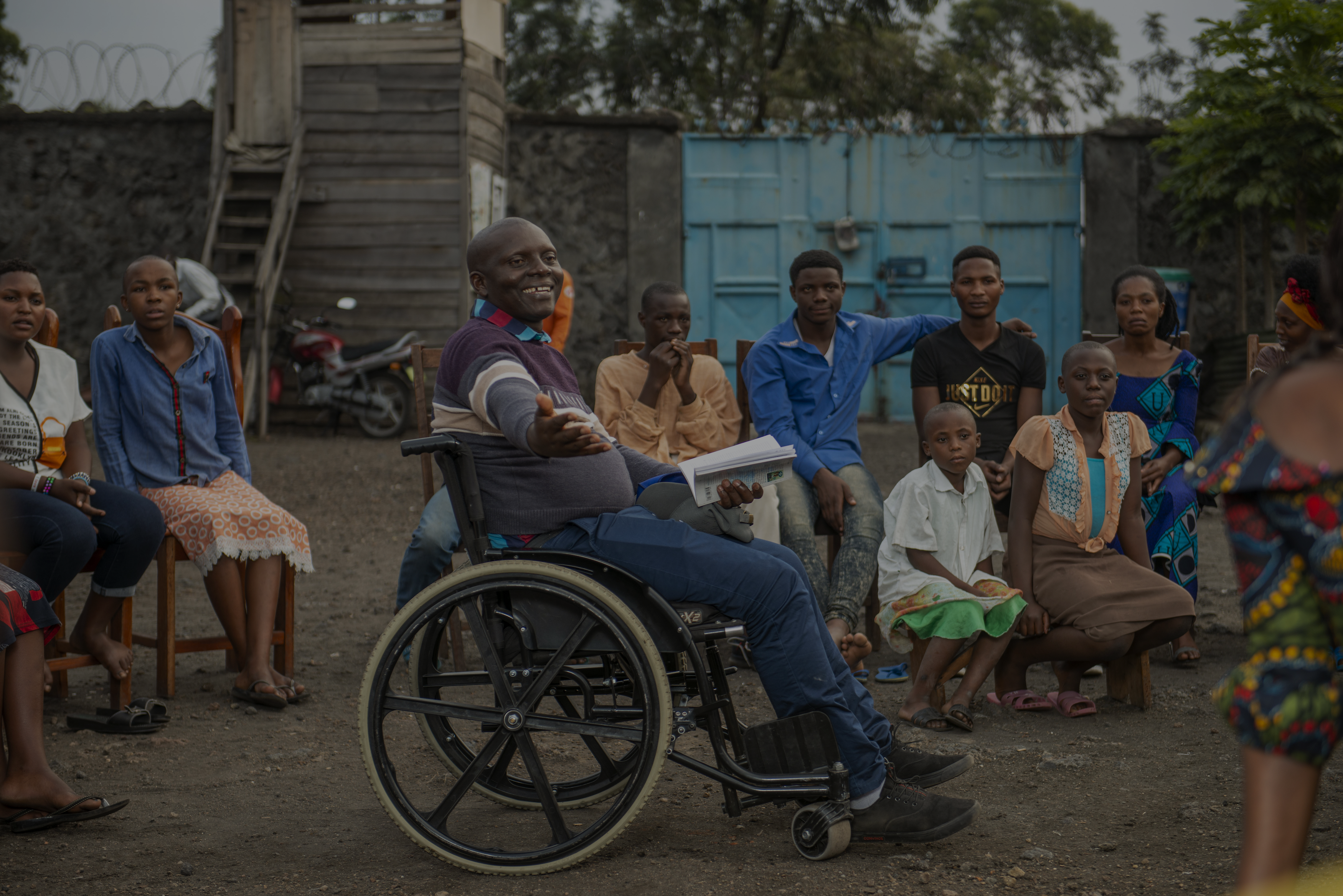
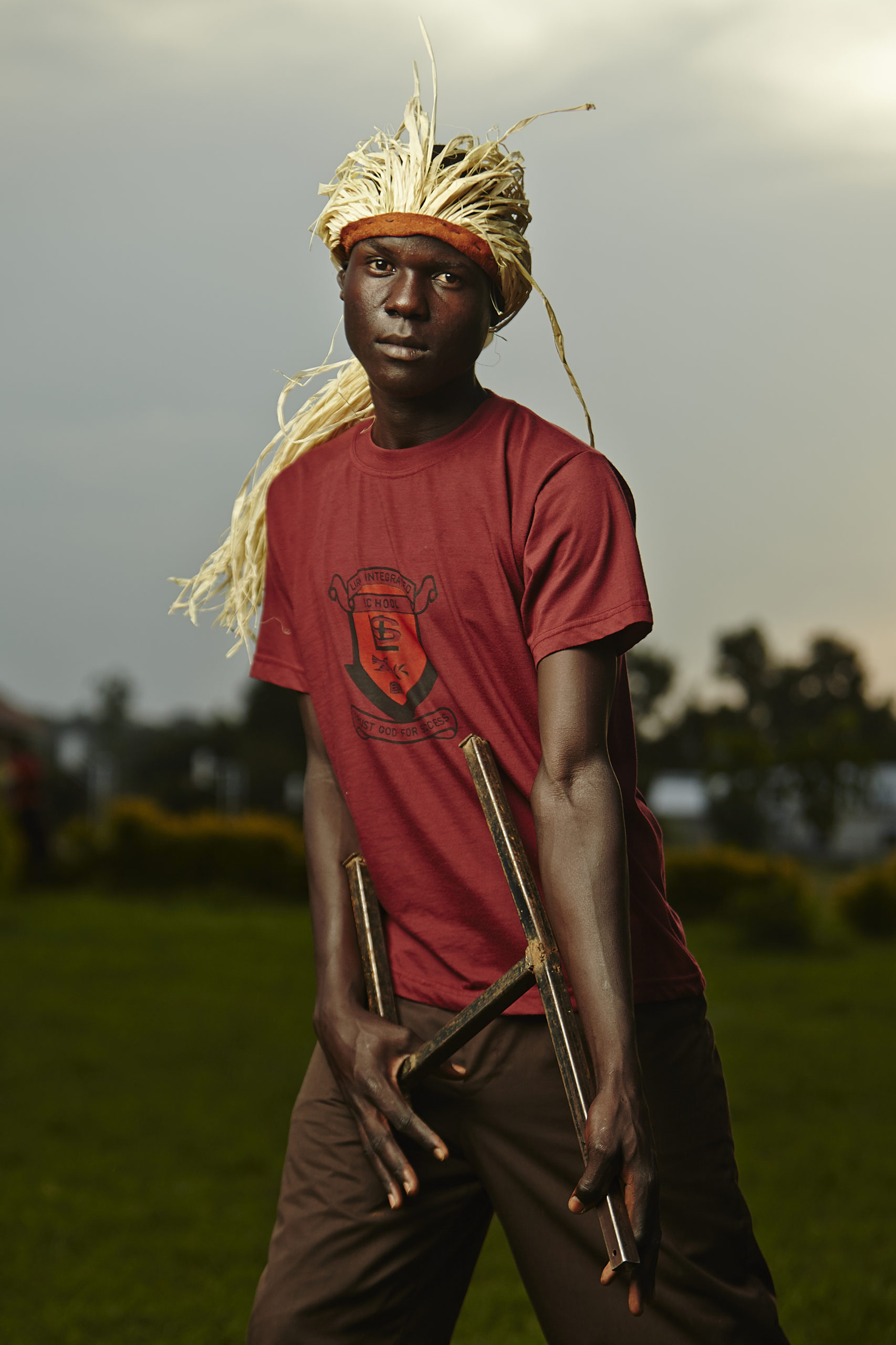
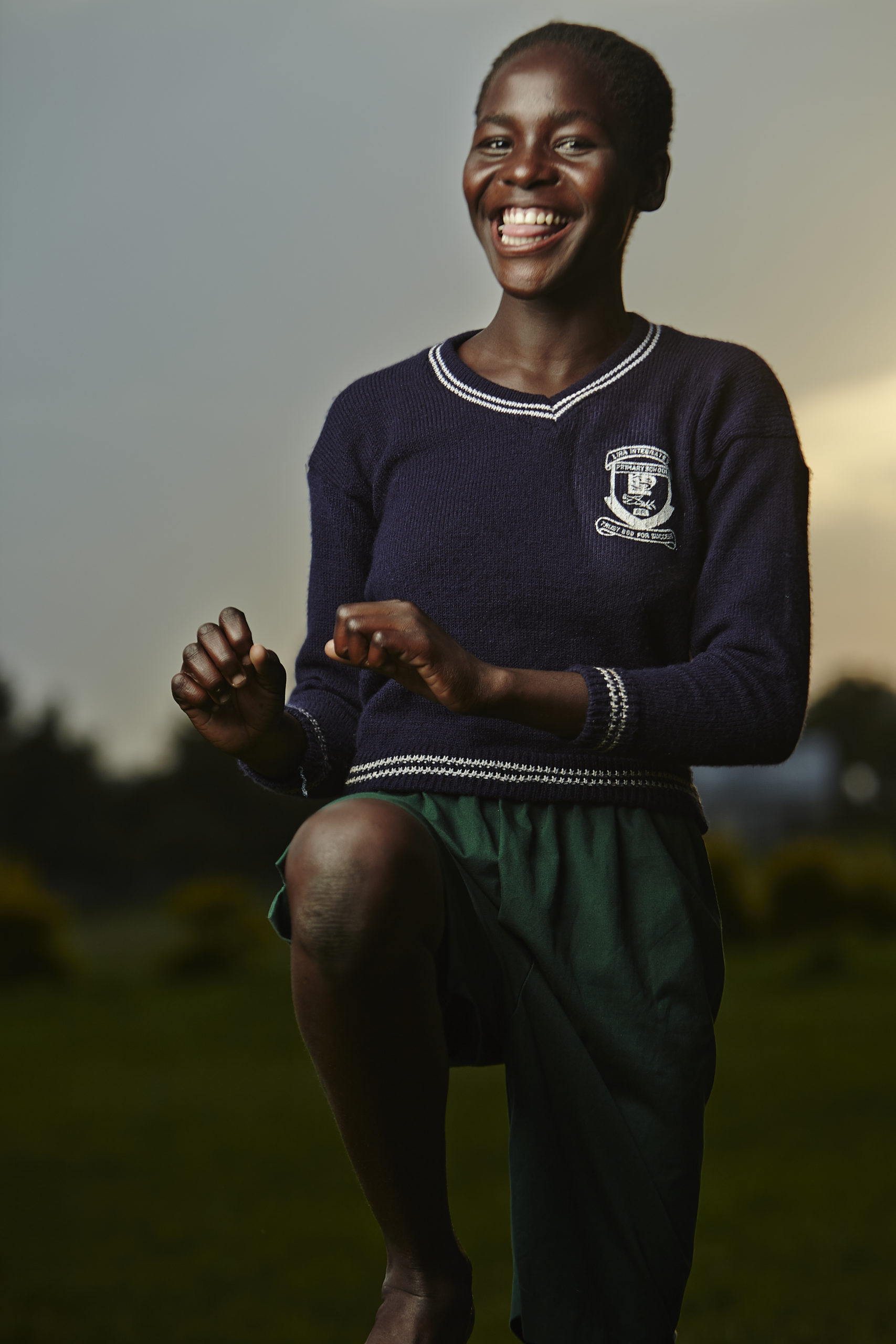
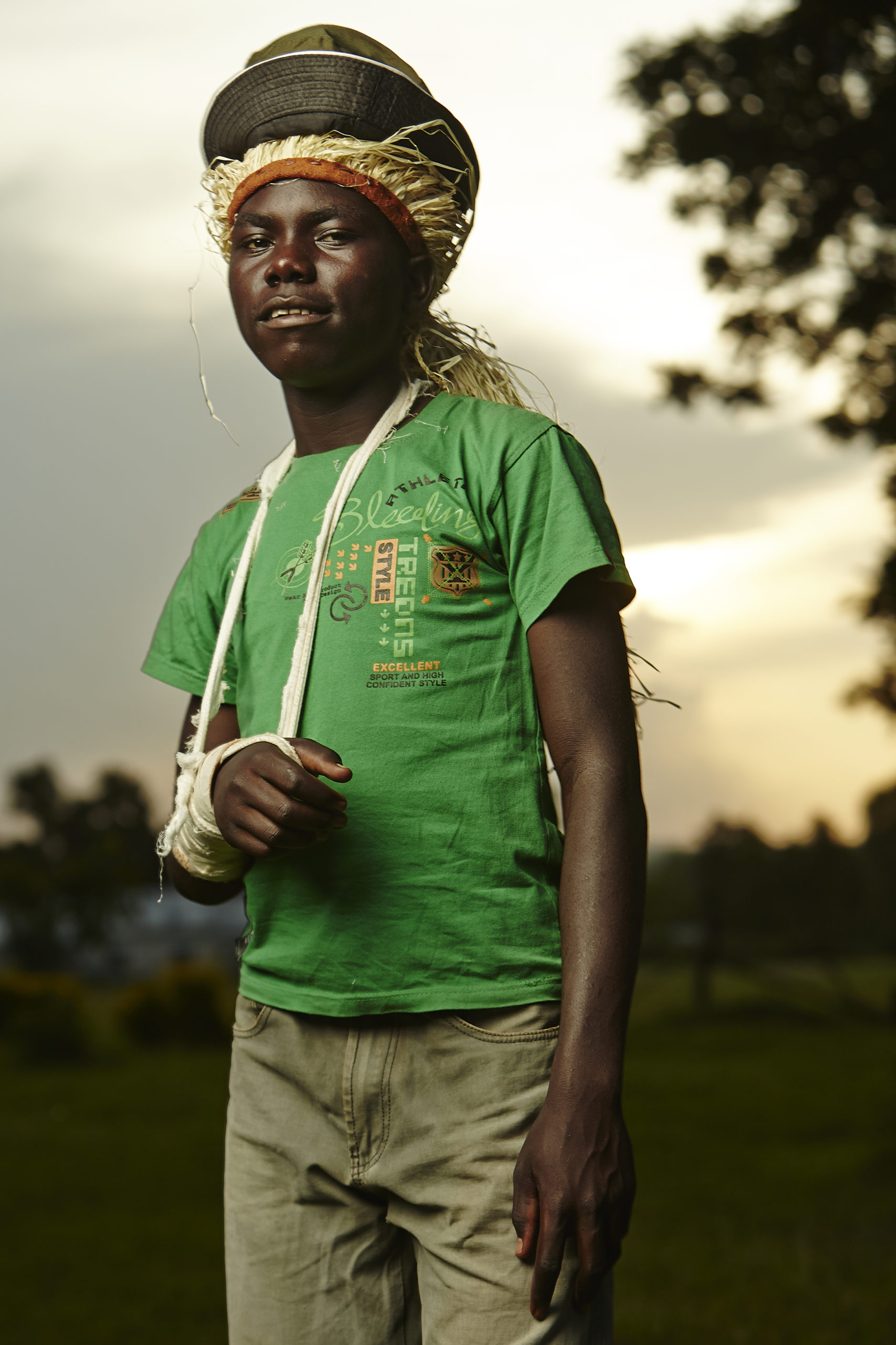
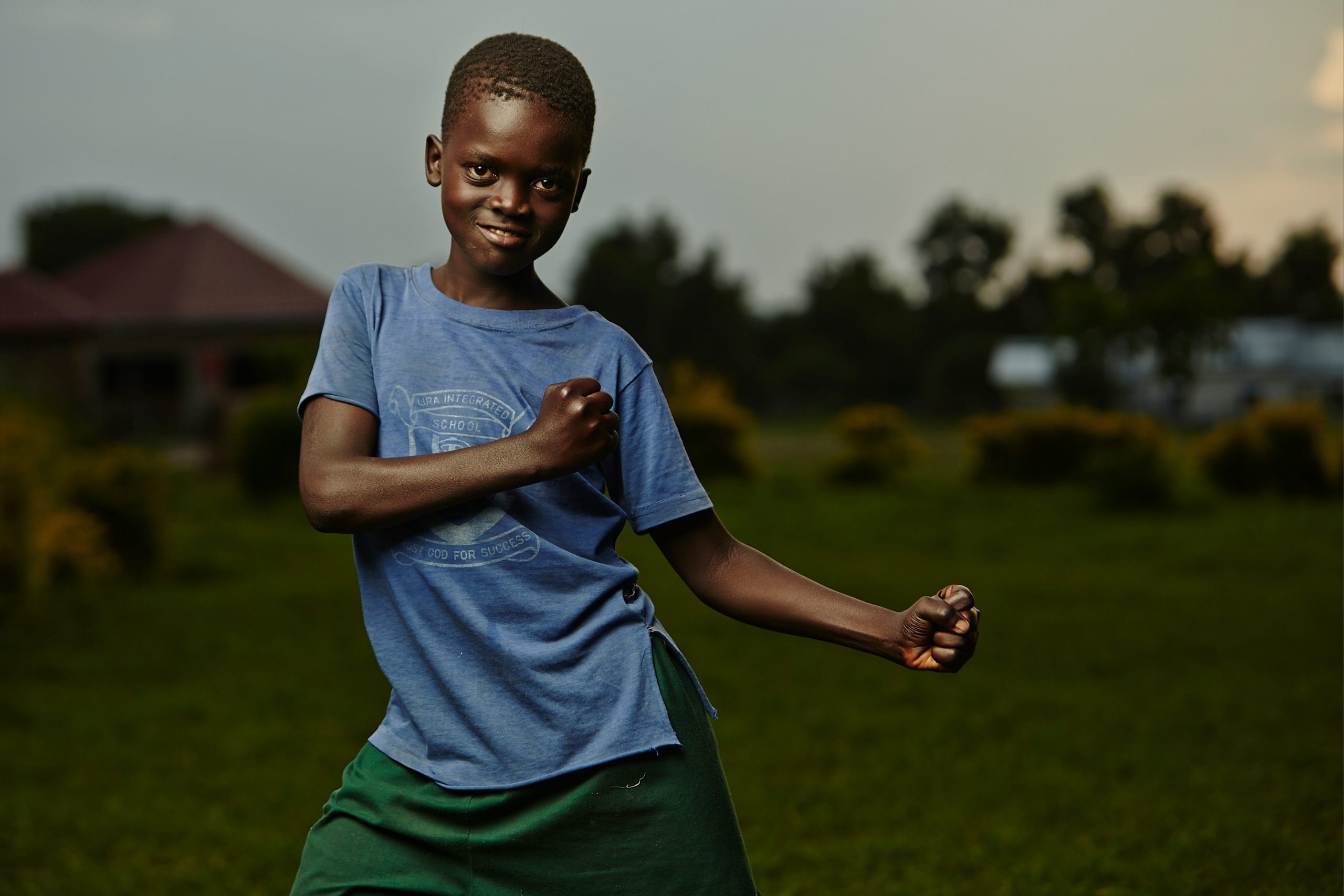

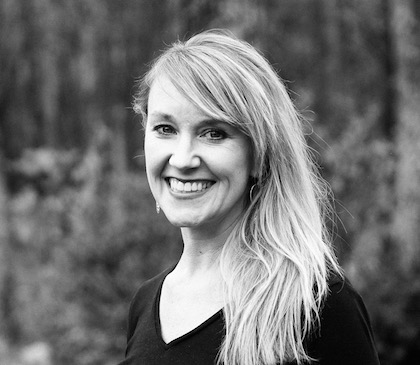


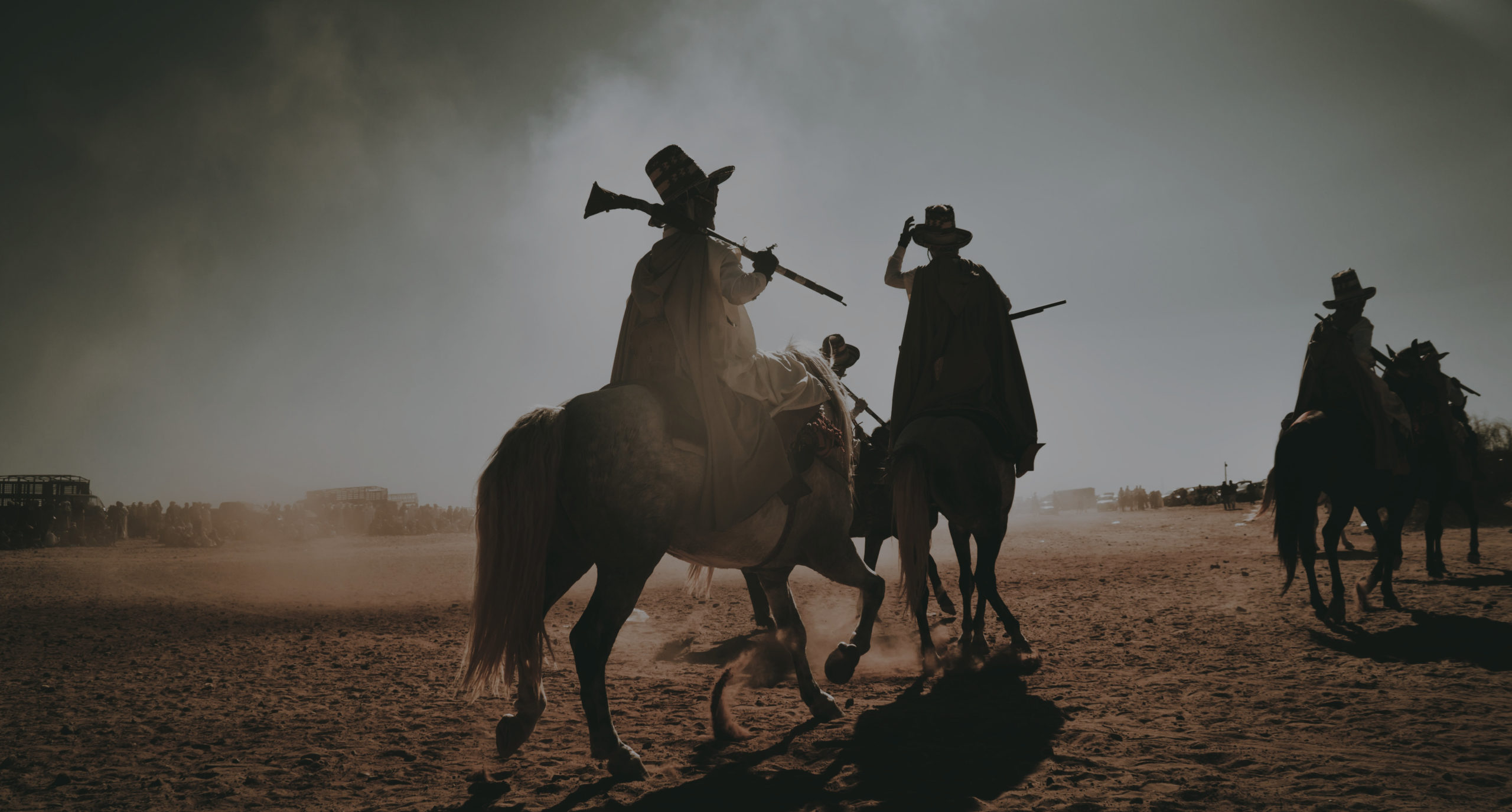
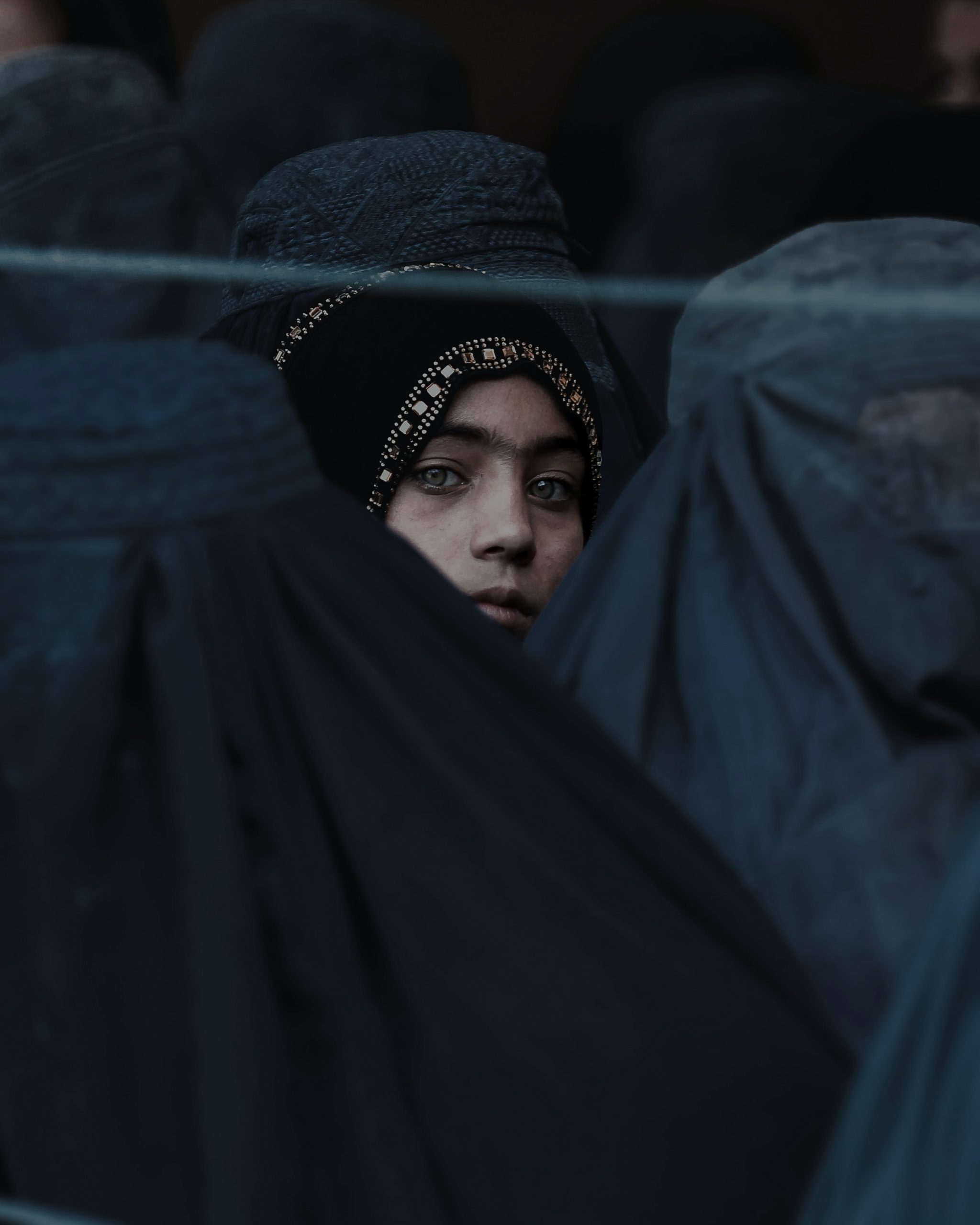
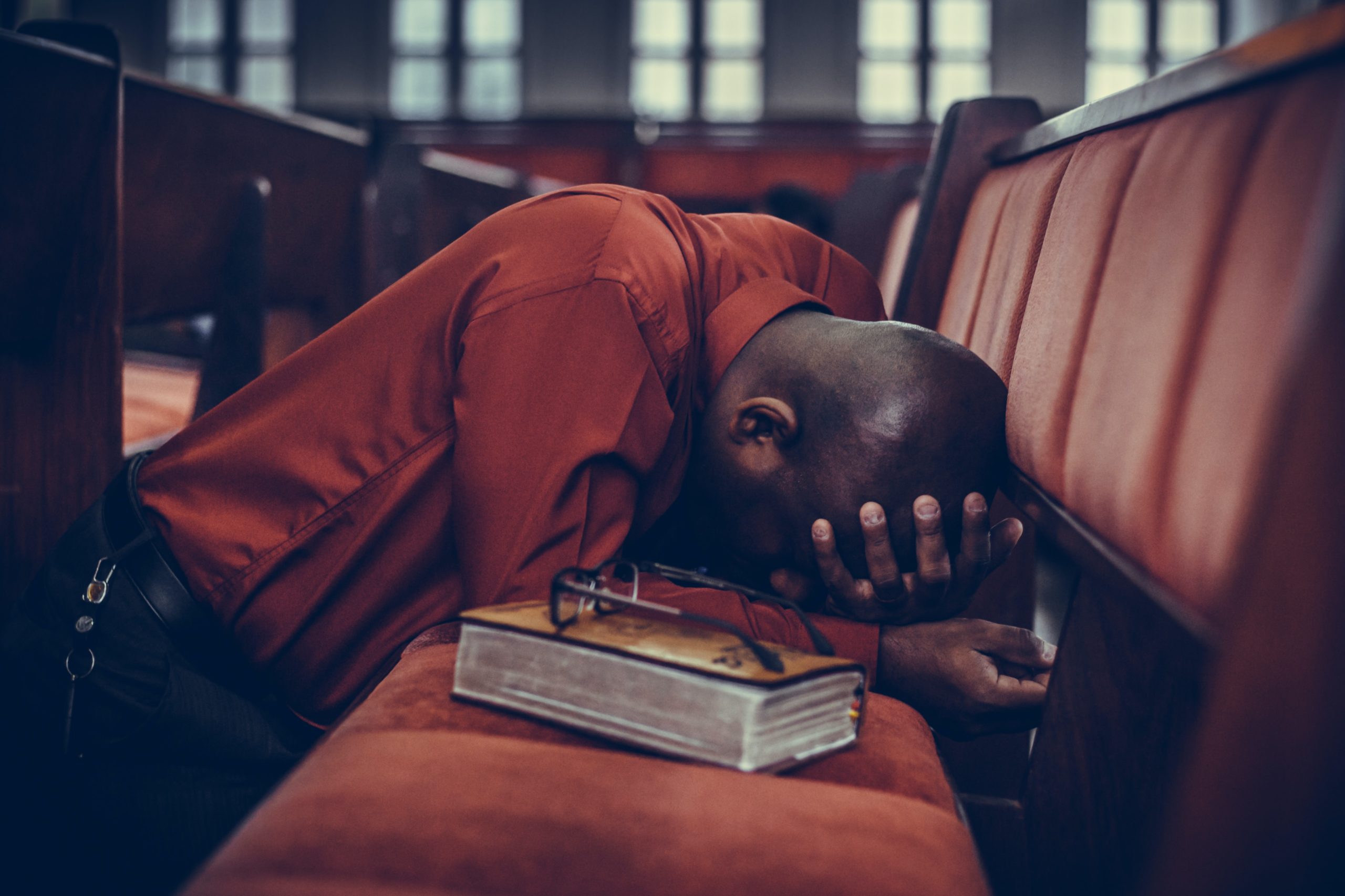
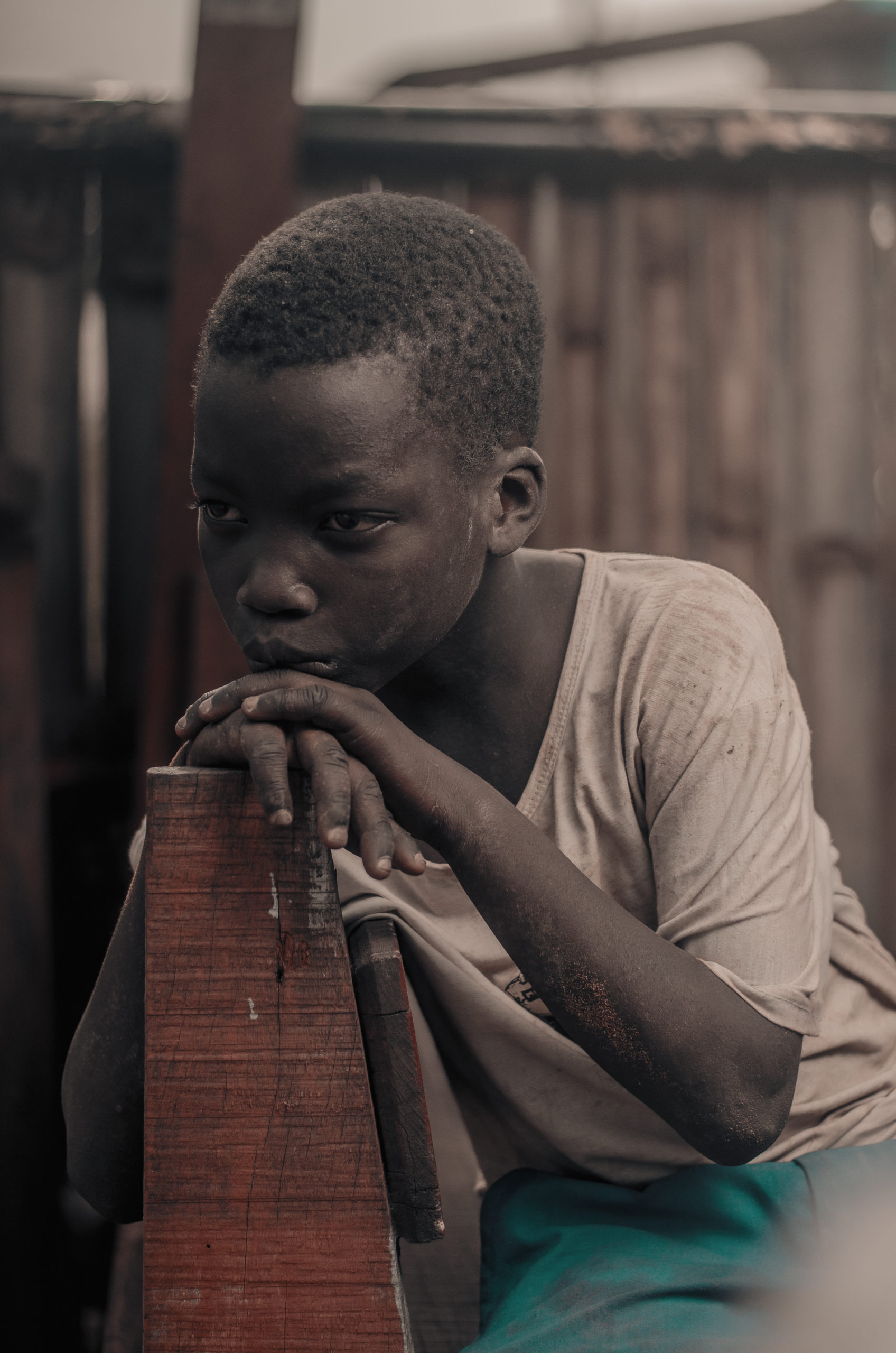
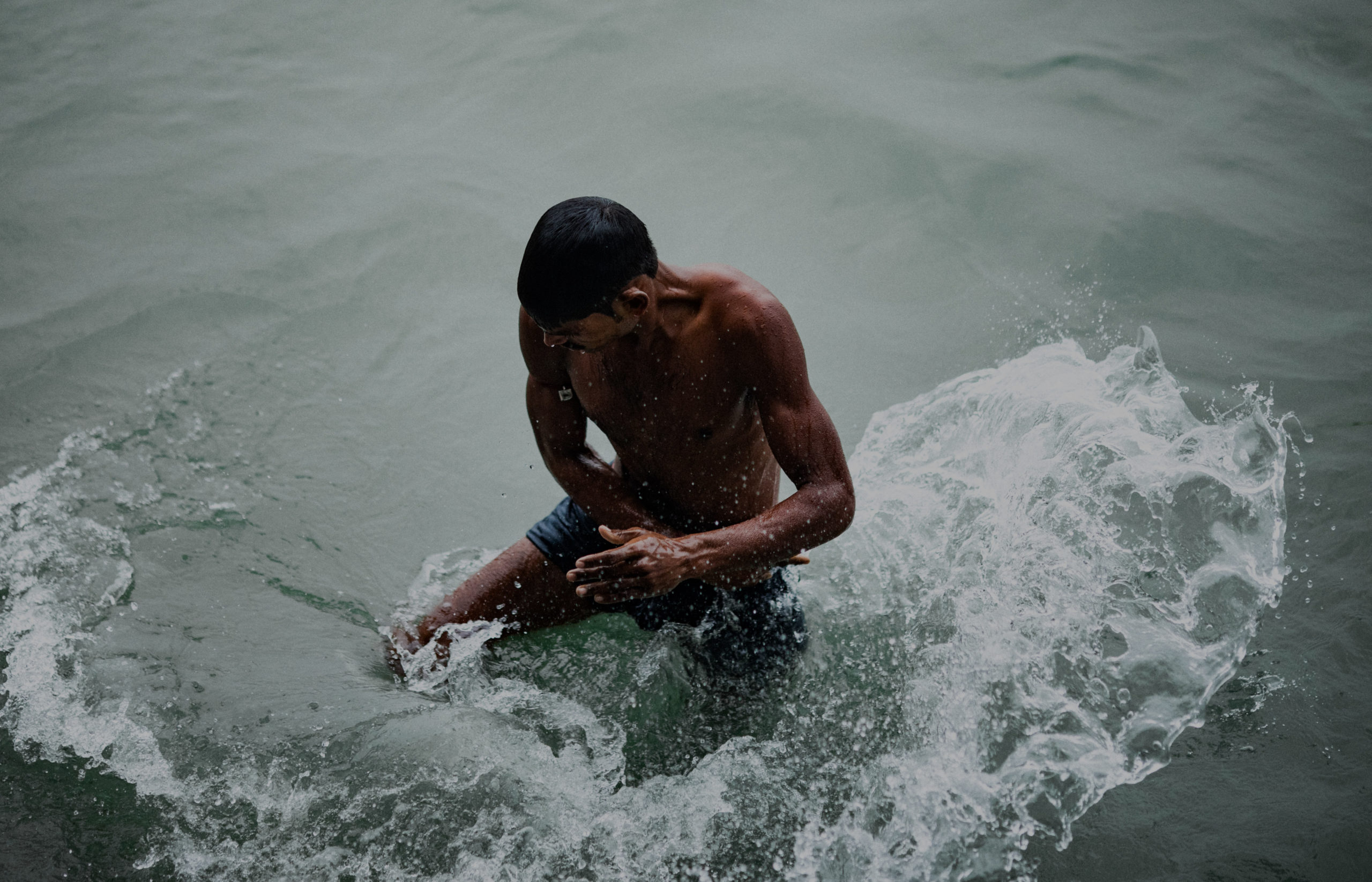
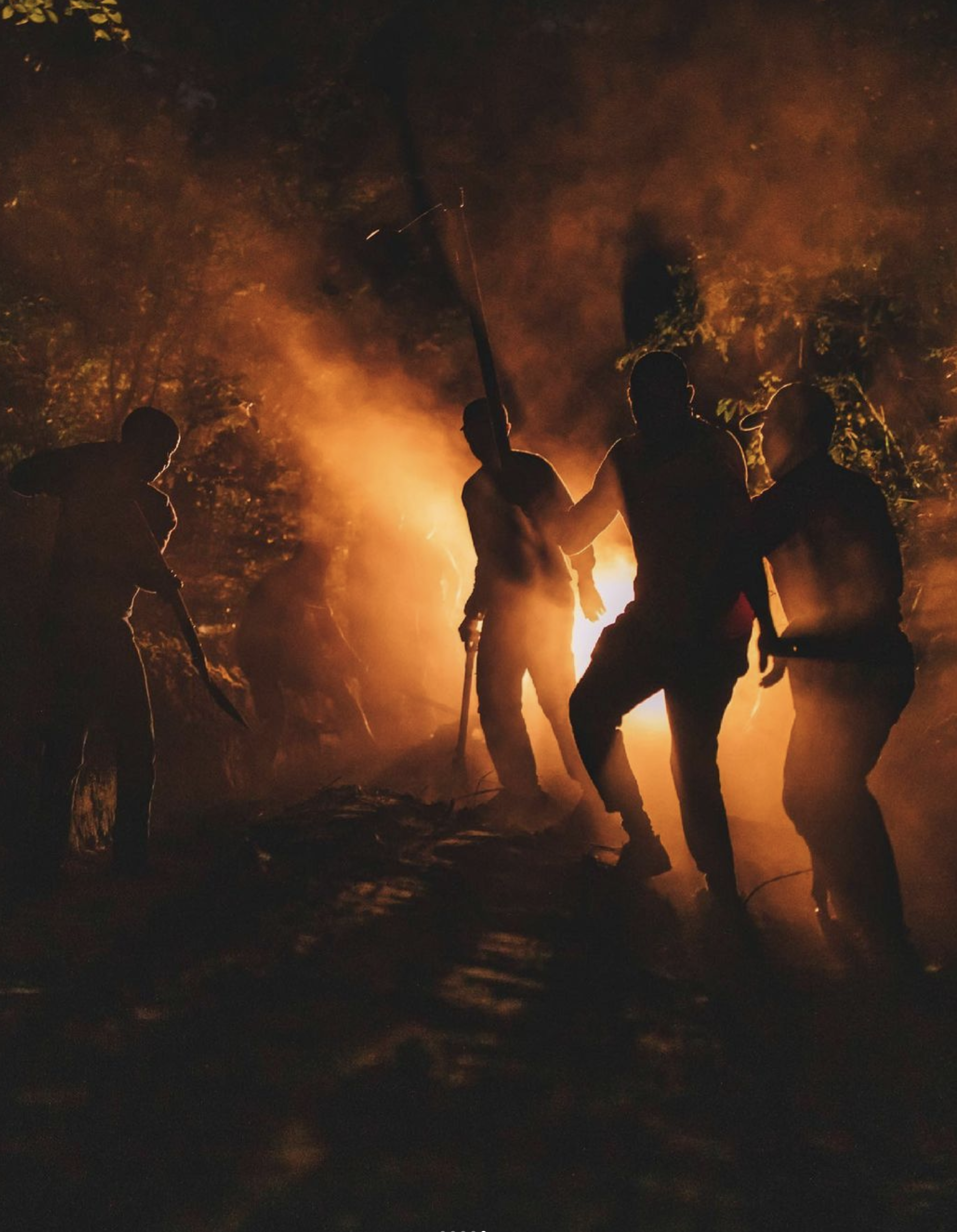

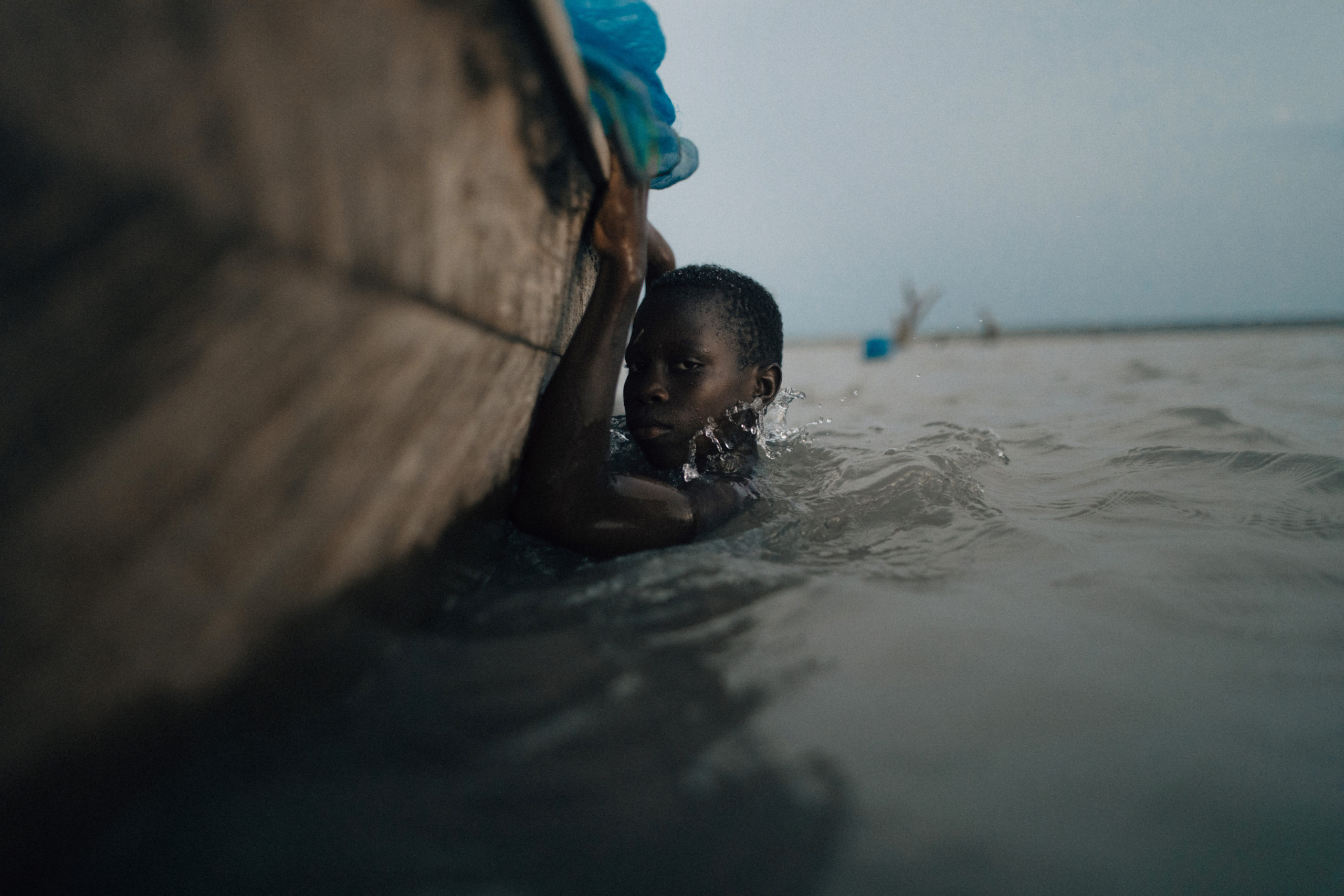


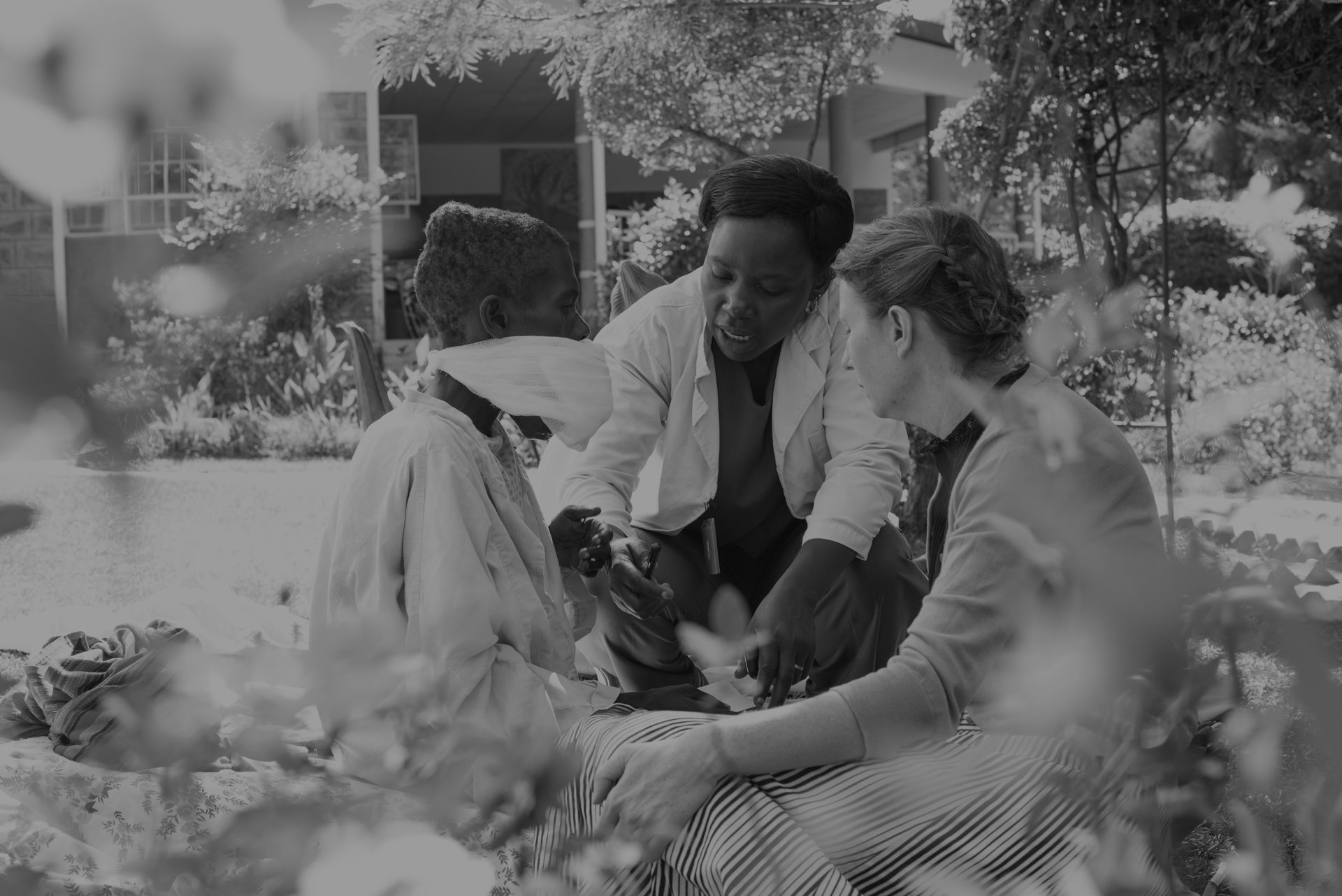

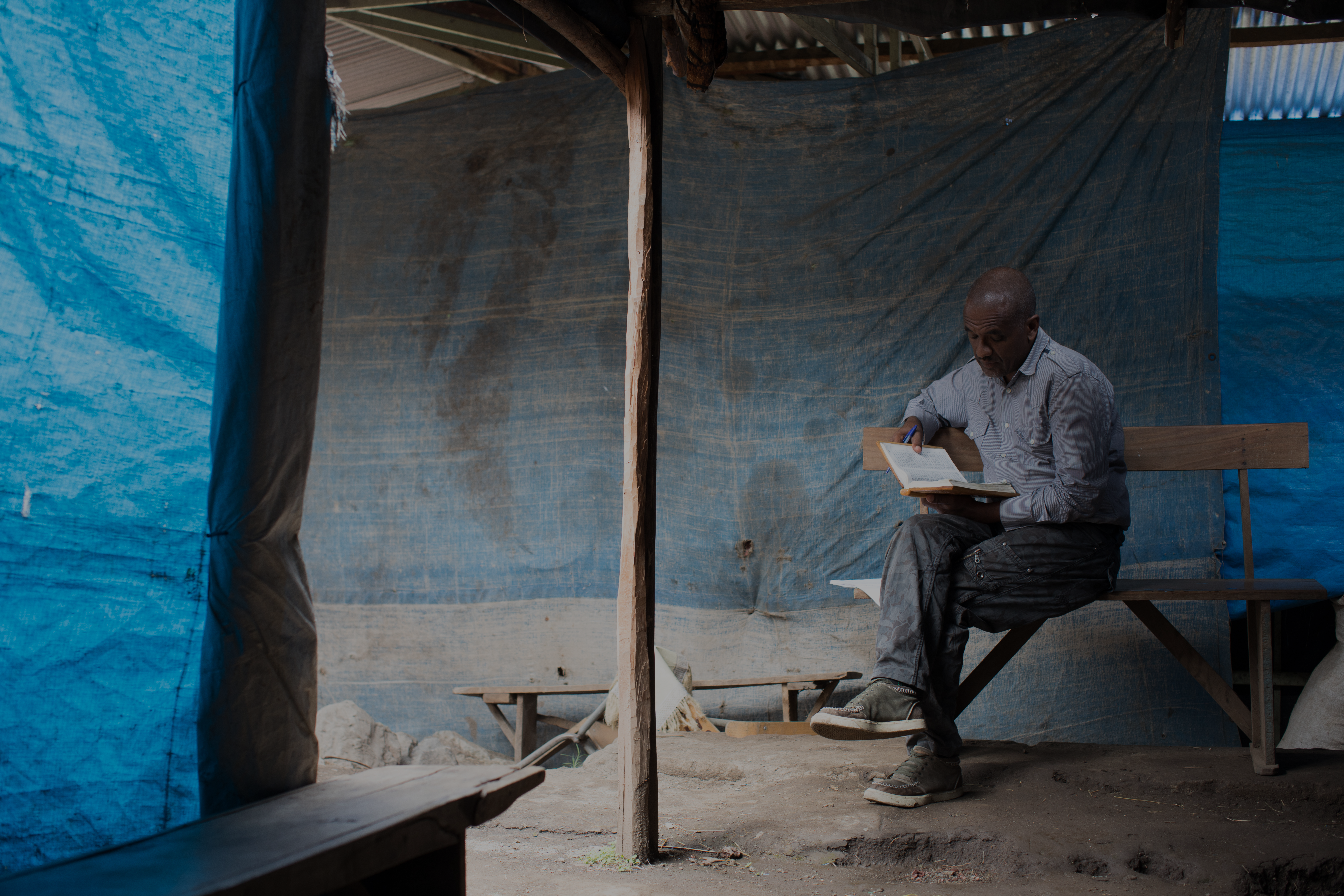
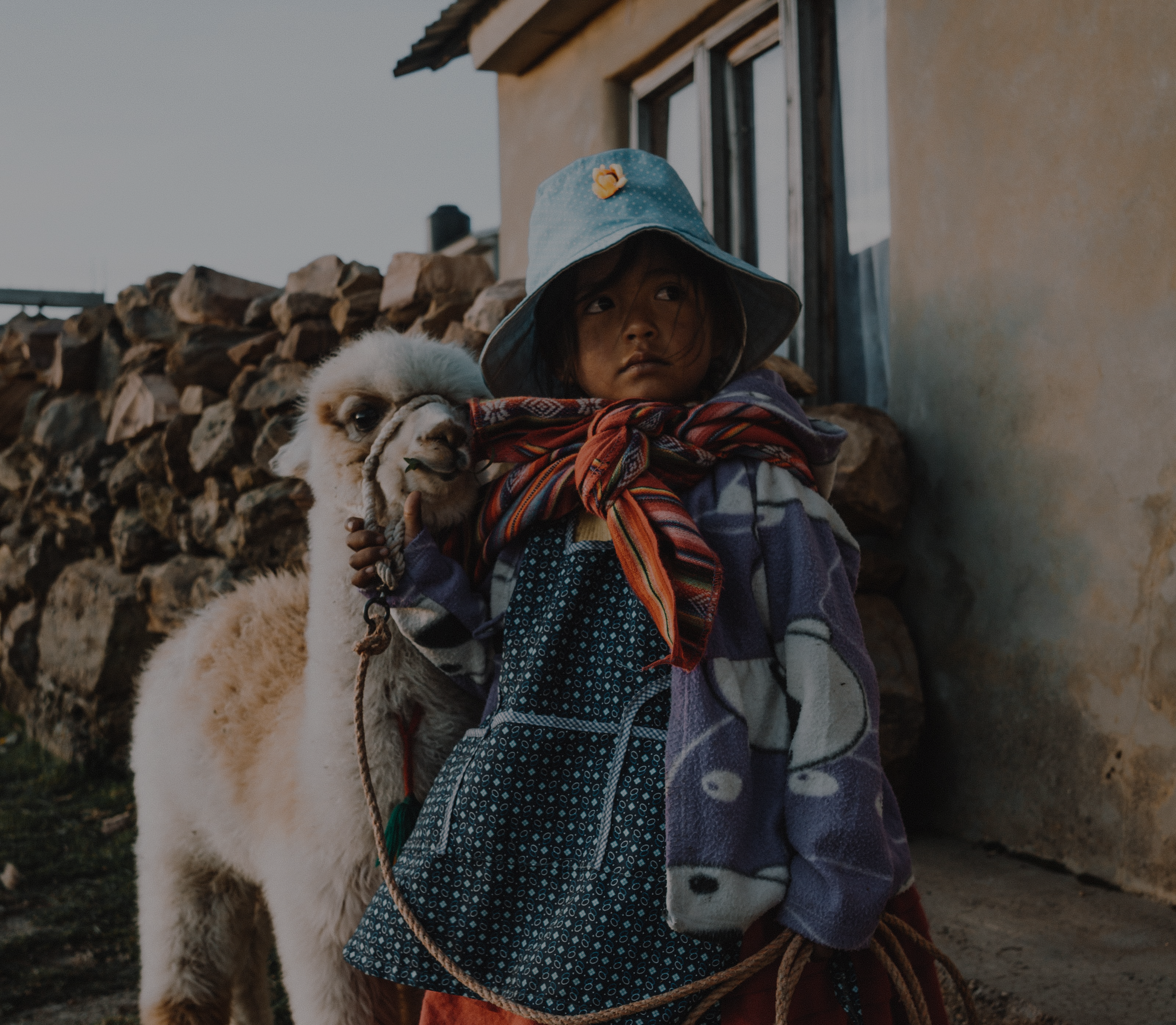
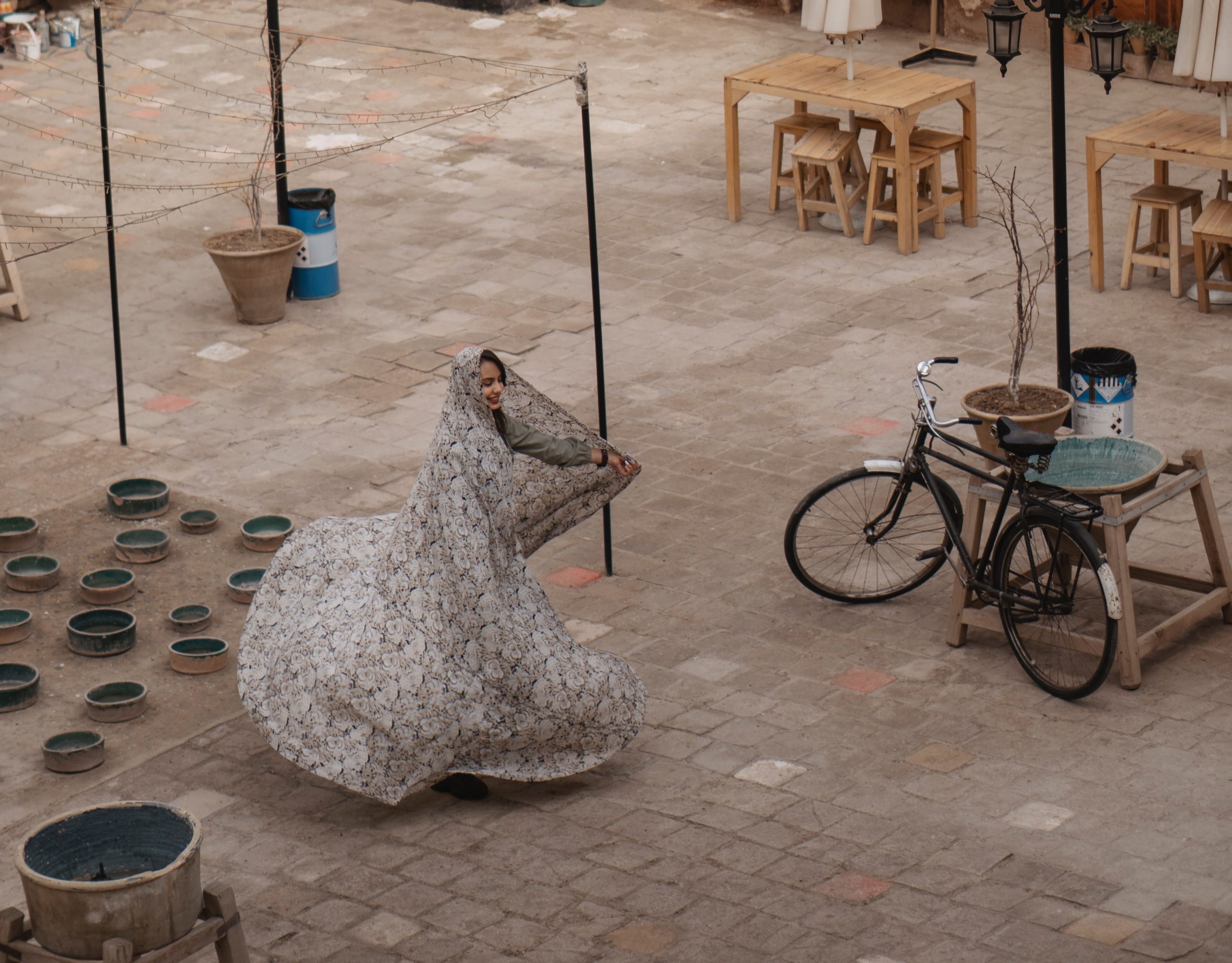

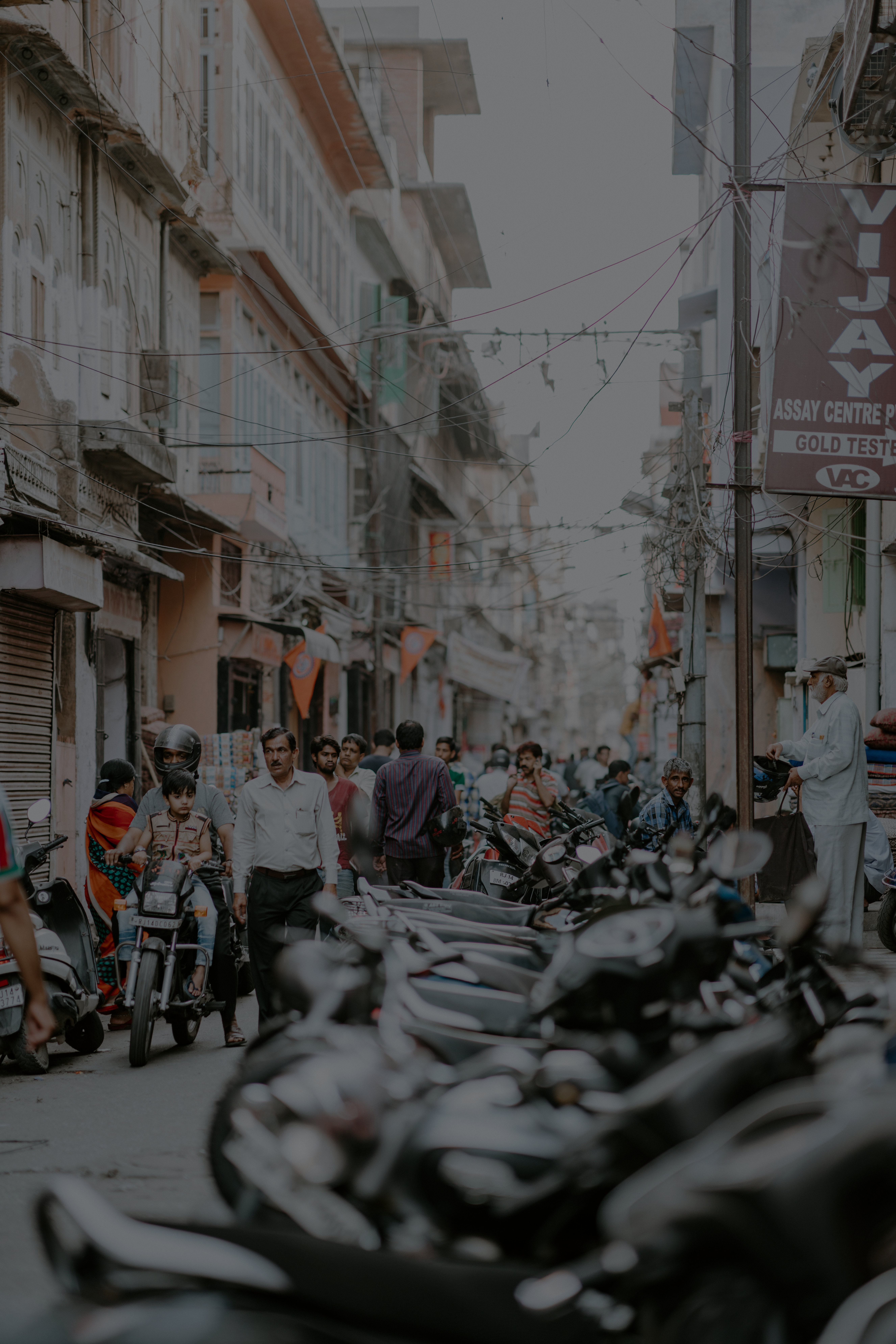



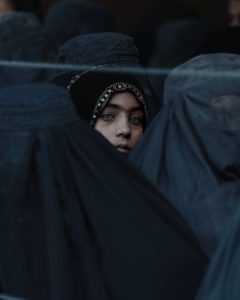
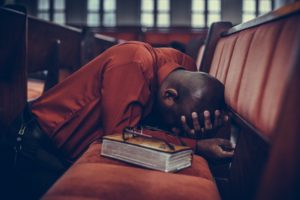
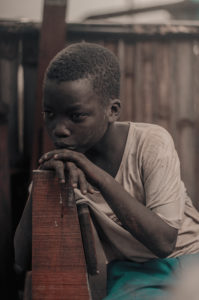
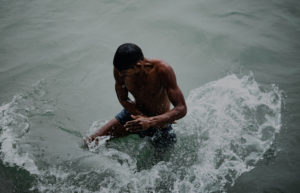
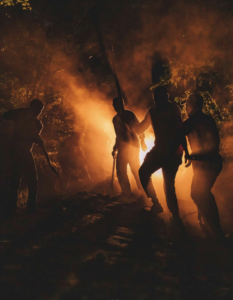
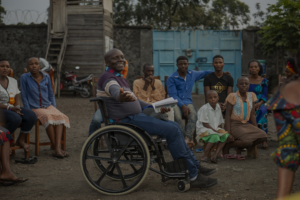

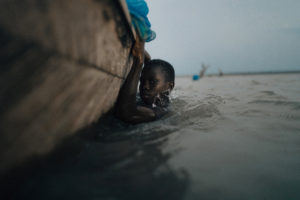


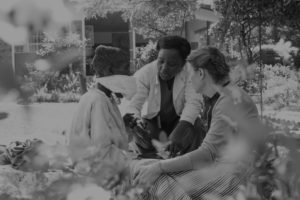

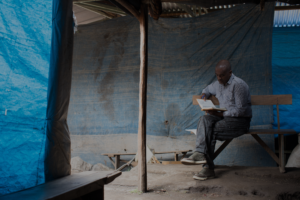

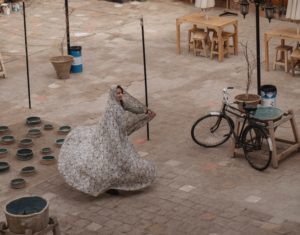

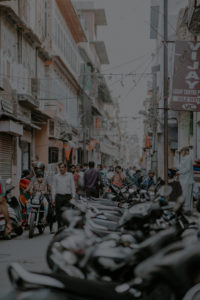
Share Article